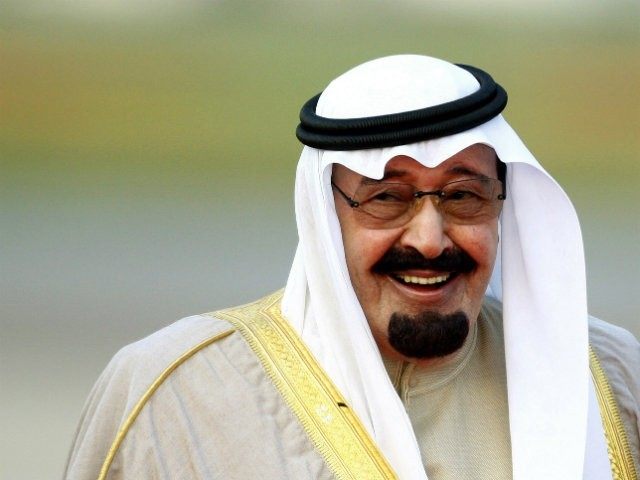A news bulletin from the U.S. Department of Defense announces a “research and essay competition in honor of Saudi Arabia’s King Abdullah bin Abdul-Aziz, hosted by the National Defense University.”
The king, who died Jan. 23 at age 90, oversaw the modernization of his country’s military during the time he spent as commander of the Saudi Arabian National Guard, a position he held from 1963 until he became king in 2005.
Army Gen. Martin E. Dempsey said the essay competition is a fitting tribute to the life and leadership of the Saudi Arabian monarch.
The king was a lifetime supporter of his country’s alliance with the United States. Abdullah ruled Saudi Arabia from 2005 to his death, and served as regent of the country from 1995. He is succeeded by King Salman Bin Abdul-Aziz.
“This is an important opportunity to honor the memory of the king, while also fostering scholarly research on the Arab-Muslim world, and I can think of no better home for such an initiative than NDU,” Dempsey said in a statement announcing the competition.
The competition will focus on issues related to the Arab-Muslim world and is designed to encourage strategic thinking and meaningful research on a crucial part of the world. The program will be in place at NDU for the next academic year, officials said.
This initiative is likely to become another flash point for critics who argue that the American political class is excessively deferential to the Saudis, turning a blind eye to human rights abuses and institutionalized religious intolerance.
Encomiums to King Abdullah routinely describe him as a “reformer,” perhaps even “liberal.” That might be a defensible characterization relative to other members of the Saudi royal family, but as the Washington Examiner points out, Saudi Arabia remains “an absolute monarchy where women are treated like children under the law, religions other than Islam are forbidden and beheadings for even relatively minor crimes are common.”
Pragmatists will say Abdullah should be appreciated for doing the best he could, and praising him as a “reformer” is an important way to send his successors a signal about what their allies in the West expect of them. It will also be noted that now is not the best time to shake up the relationship between the U.S. and Saudi Arabia, given that the string of troubles in the Middle East recently climaxed with a massive crisis in Yemen boiling on the Saudi border. (On the other hand, given the state of the oil market and the ruckus in Yemen, it might be argued this is a moment of unique opportunity to lean on Abdullah’s successors to make more serious reforms in line with Western values.)
What sort of essays will score high marks in the program General Dempsey has announced? It will be interesting to see if the winning essays in this competition contain unalloyed praise for the late Saudi monarch.

COMMENTS
Please let us know if you're having issues with commenting.